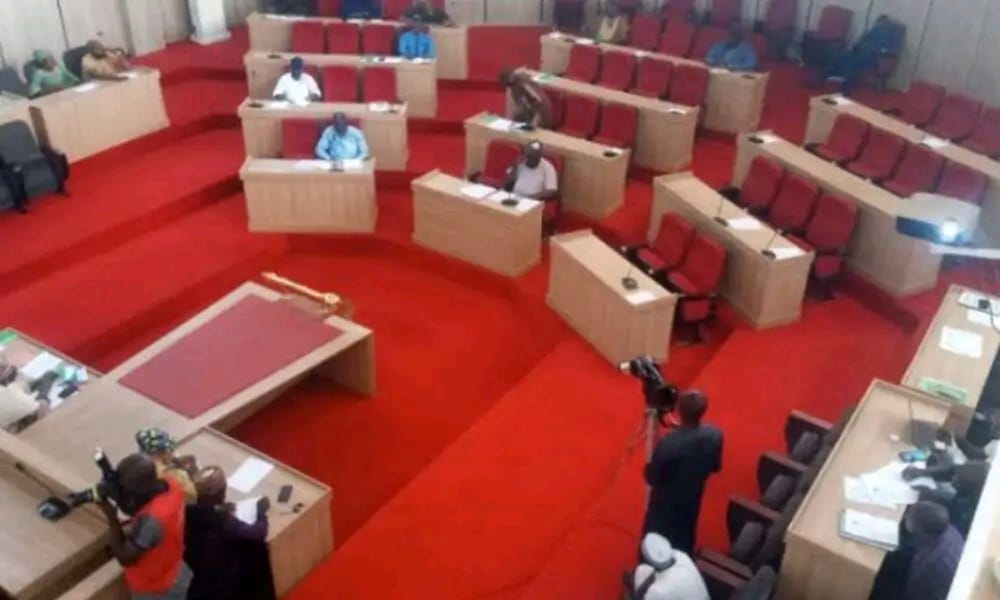The Kogi State House of Assembly has taken a significant step in safeguarding the economic trees within the state by urging the State Government to establish robust regulatory measures. These measures are aimed at protecting economic trees and enhancing the cashew nuts value chain through stringent enforcement.
The House issued this call to action through a resolution following the adoption of a Motion presented by Hon. Oluwaseyi Bello (APC-Kabba-Bunu). The Motion called upon the State Ministry of Agriculture to monitor and regulate the activities of exploitative foreign businessmen.
The House expressed concern over the practice of foreign exporters disrupting the Cashew Value Chain by circumventing Licensed Buying Agents and purchasing directly from farmers. This practice not only deprives the state of essential revenues but also undermines the integrity of the value chain.
Hon. Bello highlighted data from the National Bureau of Statistics (NBS) indicating Kogi State as the leading producer of cashew nuts in Nigeria. He also referenced the recent passage of the Kogi State Commodity Exchange Market Bill, signed into law by Governor Anmed Usman Ododo. This legislation aims to support local farmers and boost their productivity by providing a market for their products.
The Cashew Value Chain in the state consists of seven segments, including Exporters, Merchants, Licensed Buying Agents, Sub-buyers, Farmers, Functions, and the Market. Each segment plays a vital role in the success of the cashew trade in Kogi State and offers significant employment opportunities in rural communities.
Hon. Bello proposed that the Agriculture Ministry impose a complete ban on foreigners purchasing economic trees. Instead, foreigners should be limited to buying only “Export Ready Dried Cashew Nuts” in Kogi-branded jute bags.
Seconding the motion, Hon. Ochidi Usman Shehu (APC-Dekina-Biraidu) said the activities of the foreigners doing into the communities to buy economic trees and bypassing the value chain would rather aggravate the insecurity in the state.
“We are protecting them by urging them to follow the procedure. The essence of the chain is to ensure all segments are recognized.
The activities of the foreigners will encourage insecurity that will be very difficult for the State and Local Governments to contain if allowed to continue.
Hon. Bode Ogunmola (PDP-Ogori-Magongo), opposing the motion, said the farmers should be at liberty to sell their produce to whoever they desired, to meet their needs, and should not be coerced to succumb to the dictates of players in the value chain.
Rt Hon. Comfort Nwuchiola Egwaba (APC-Ibaji), who is also the Deputy Speaker of the House, called for deliberate efforts at sensitizing the farmers on the negative effects of selling their entire farms to the foreigners.
She held the the activities of the foreign buyers and exporters should be restricted to the value chain in liaison with the Agriculture Ministry which should also tinker the processes and regulations with prices control.
In his ruling, Speaker of the 8th Assembly in the state, Rt Hon. Aliyu Umar Yusuf said the Assembly has the constitutional right to protect the citizens and farmers in this case, with legislations.
The Speaker directed the House standing Committee on Agriculture to liaise with the Ministry to work on the regulatory mechanisms and necessary action.







